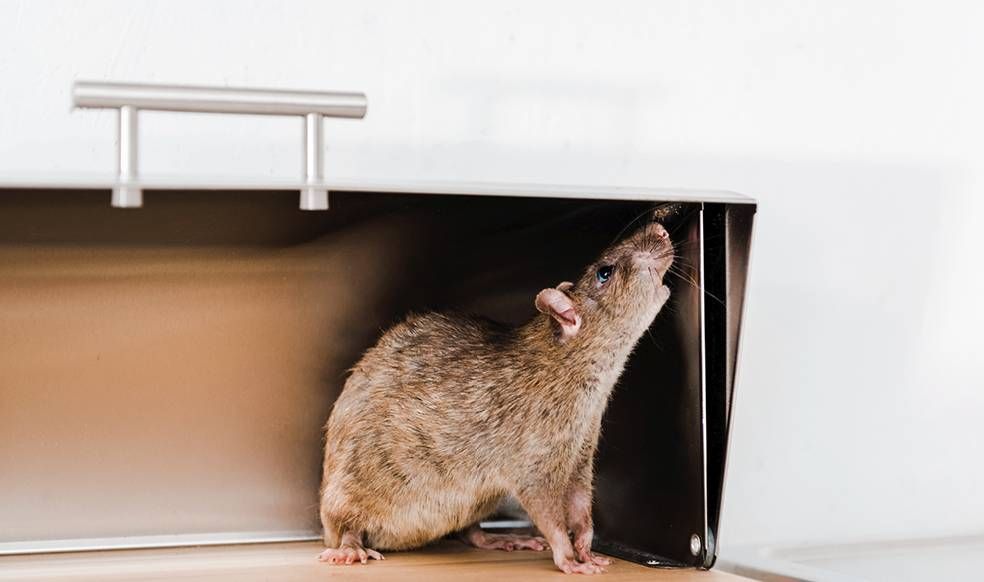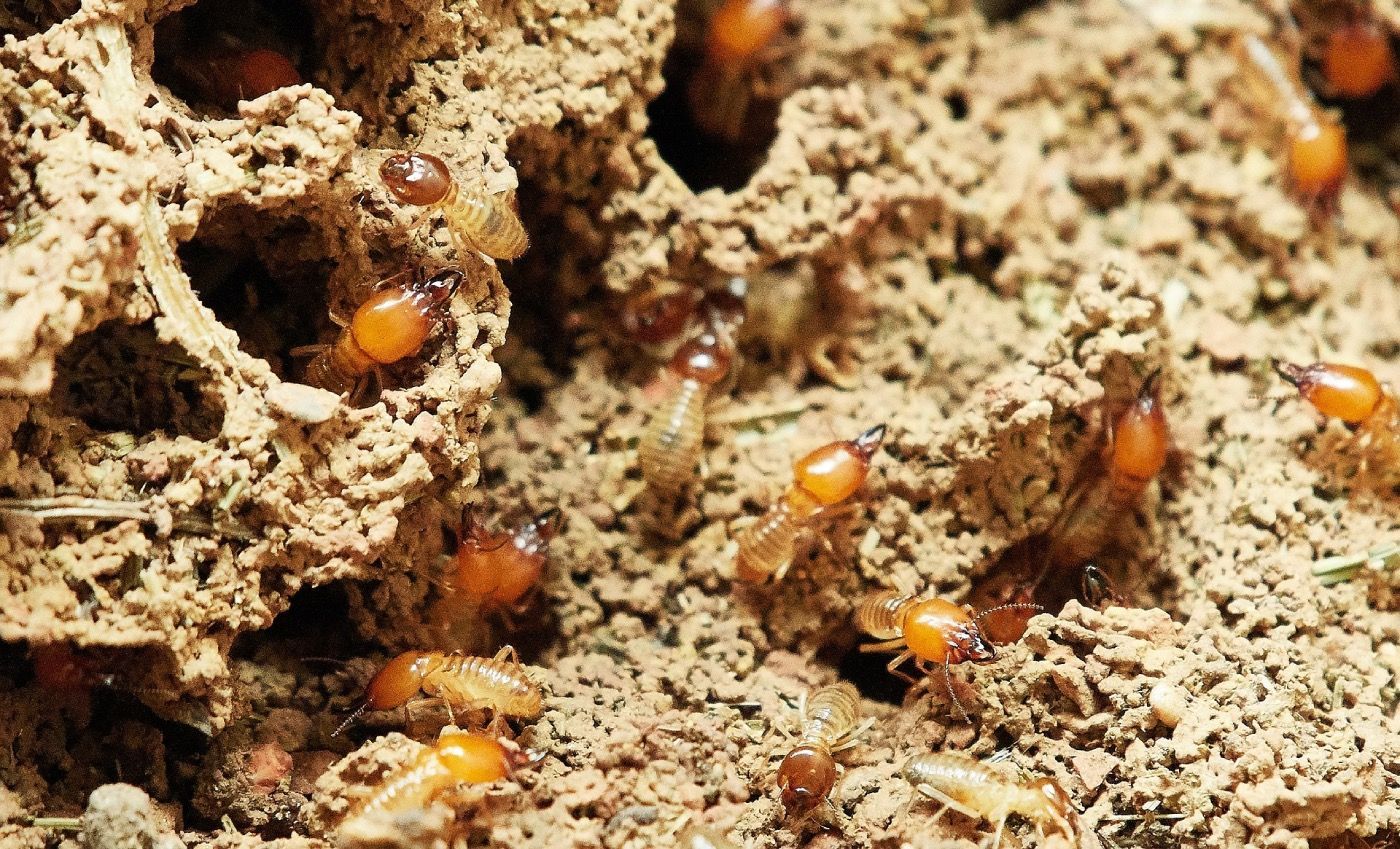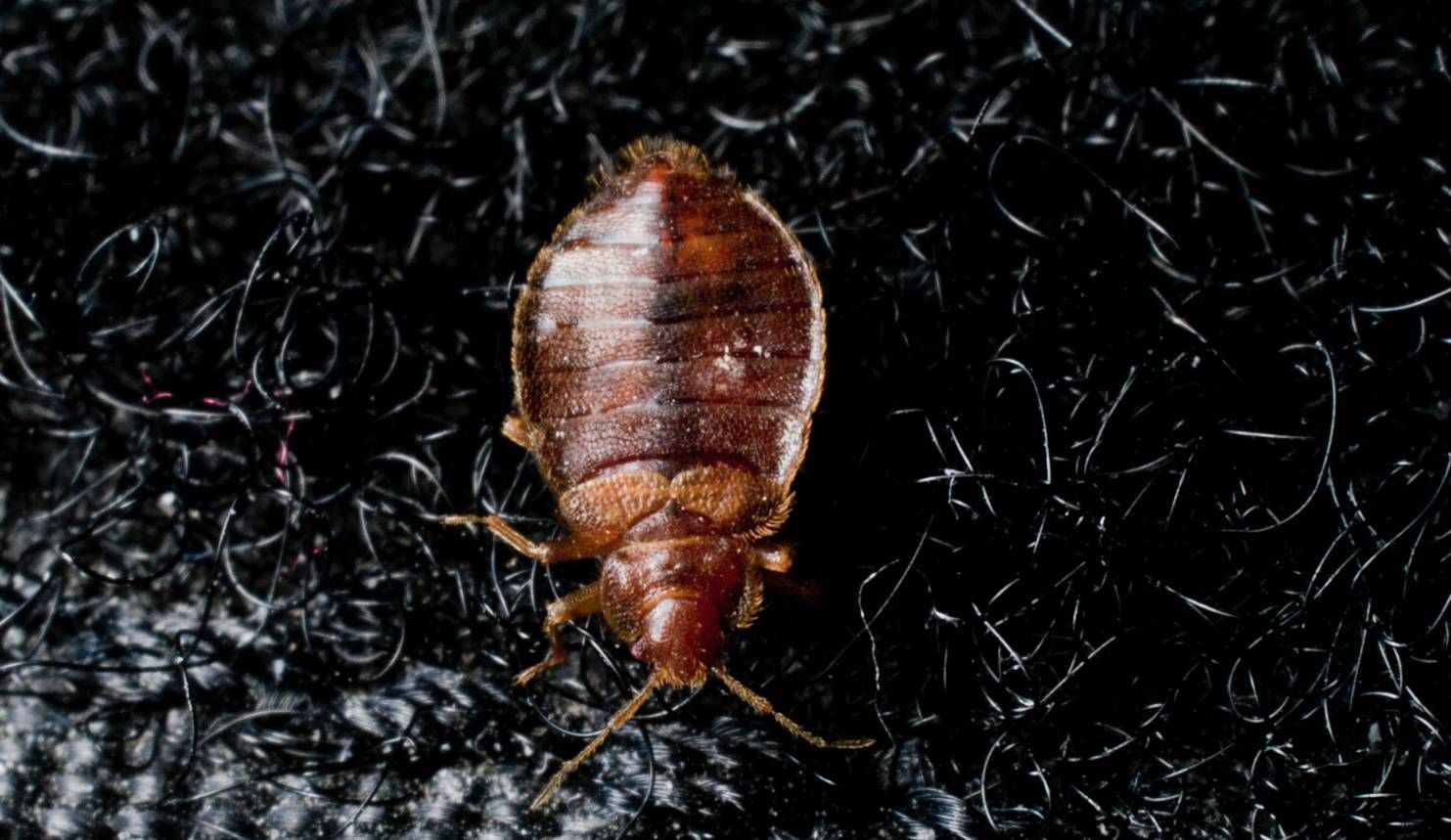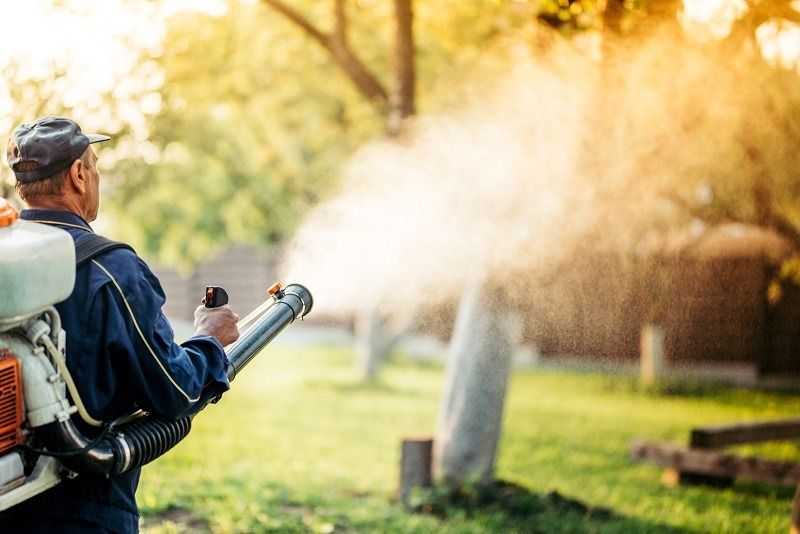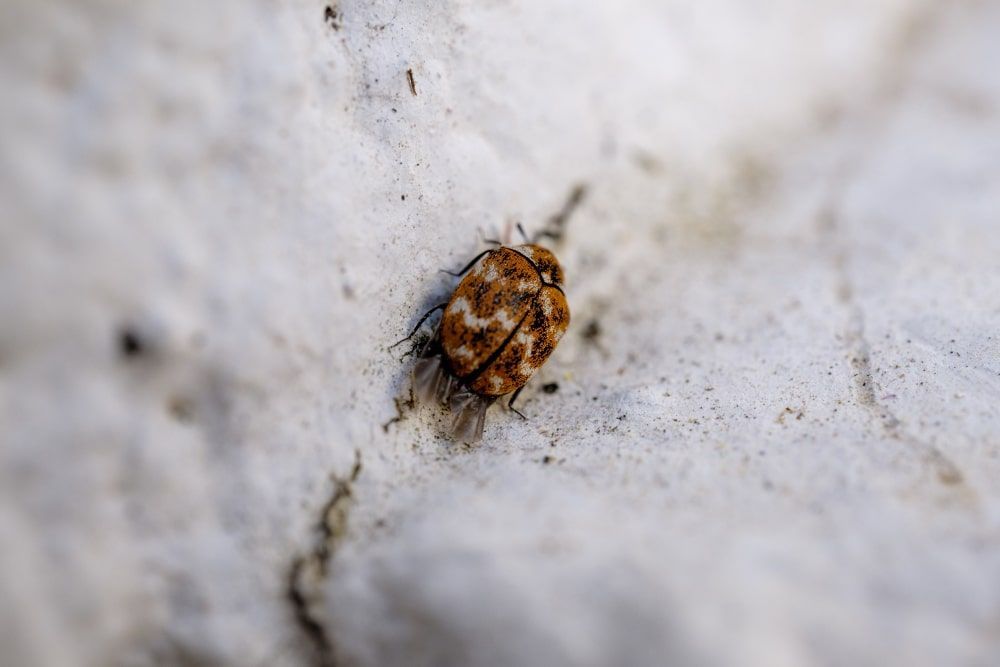Overview of Mosquito Control Programs in Fort Worth, TX
Mosquitoes are more than just a nuisance; they are carriers of diseases that can pose significant health risks to residents. In cities like Fort Worth, Texas, effective mosquito control programs are vital to prevent the spread of diseases such as West Nile Virus, Zika Virus, and Dengue Fever. This blog post provides a comprehensive overview for programs of mosquito control in Fort Worth, TX, highlighting the city's proactive efforts, strategies, and the importance of public participation in reducing mosquito populations.
The Importance of Mosquito Control in Fort Worth
Fort Worth, located in North Texas, is home to a warm, humid climate that provides an ideal breeding environment for mosquitoes. With the city's vast network of parks, lakes, and drainage systems, standing water is common, offering mosquitoes abundant breeding grounds. Mosquitoes are not just bothersome; they can carry viruses that affect both humans and animals. West Nile Virus, in particular, is a major concern, as it can lead to serious illness or even death if left untreated. Mosquitoes also pose a risk to pets, as heartworm disease is transmitted by mosquito bites.
In response to these challenges, Fort Worth has developed an integrated mosquito management (IMM) program designed to protect public health and minimize the impact of mosquitoes. The city's program combines prevention, education, monitoring, and treatment efforts to control mosquito populations and reduce the risks associated with mosquito-borne diseases.
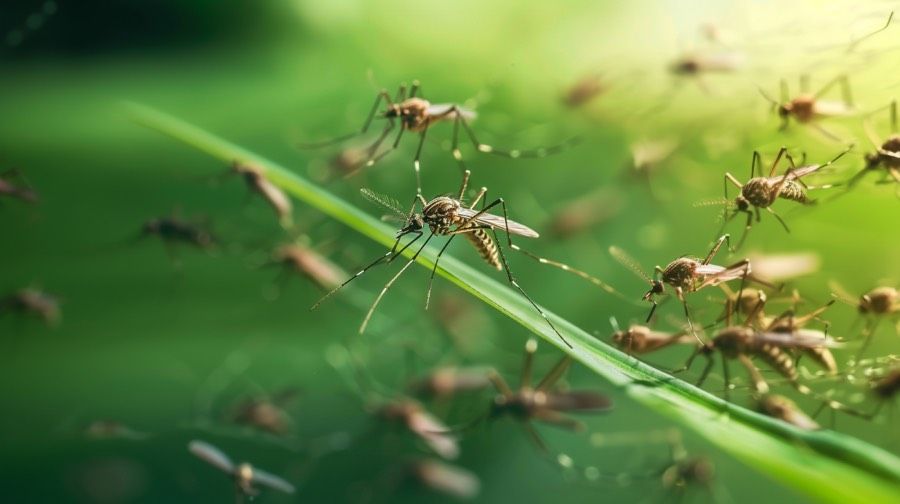
The Mosquito Control Strategy in Fort Worth
The Fort Worth mosquito control program is a comprehensive approach that focuses on multiple fronts, including surveillance, source reduction, larviciding, adulticiding, and public education. Let’s take a closer look at each of these strategies.
1. Surveillance and Monitoring
One of the first steps in Fort Worth’s mosquito control efforts is monitoring mosquito populations. This surveillance system involves setting up mosquito traps at strategic locations around the city to capture adult mosquitoes. These traps help identify the species present and determine whether they are carrying diseases such as West Nile Virus.
Mosquitoes are tested for the presence of viruses through laboratory analysis. This helps the city identify areas with high mosquito populations or potential outbreaks of diseases. By regularly monitoring mosquito activity, the city can implement timely control measures in specific areas where the risk of disease transmission is high.
2. Source Reduction
Source reduction is an essential part of Fort Worth's mosquito control service and strategy. This process focuses on eliminating the breeding grounds where mosquitoes lay their eggs. Mosquitoes lay eggs in stagnant water, and once the eggs hatch, the larvae develop in these water sources.
To reduce breeding opportunities, the city works to remove or treat standing water in public areas. This can include cleaning out clogged storm drains, emptying unused containers, and treating areas like ponds or ditches where water accumulates. Fort Worth also encourages residents to remove standing water around their homes by regularly checking for things like birdbaths, clogged gutters, and discarded tires that could become breeding sites.
Additionally, the city partners with local organizations and volunteers to conduct regular clean-up efforts in public parks, recreation areas, and other places prone to standing water. Source reduction efforts are crucial because they target mosquitoes in their early developmental stages, preventing them from reaching adulthood and spreading diseases.
3. Larviciding
When it’s not possible to eliminate standing water, Fort Worth uses larvicides to target mosquito larvae before they mature into adult mosquitoes. Larvicides are chemicals or biological agents that kill mosquito larvae but are designed to be safe for the environment, humans, and animals when used appropriately.
The city applies larvicides to areas of standing water that cannot be drained, such as ditches or retention ponds. This helps to keep mosquito populations in check before they become adults and start flying around. Larvicides are most effective when applied early in the mosquito lifecycle, preventing the larvae from maturing and reducing the overall mosquito population.
4. Adulticiding
While larviciding targets mosquito larvae, adulticiding focuses on reducing adult mosquito populations. Adulticiding involves the application of insecticides designed to kill adult mosquitoes that are actively flying and posing a risk of spreading disease.
Fort Worth uses truck-mounted sprayers, which disperse insecticides into the air, targeting adult mosquitoes. These treatments are typically applied during dusk or dawn when mosquitoes are most active. The city ensures that adulticiding is done with minimal environmental impact and in accordance with health and safety regulations. Adulticiding is generally used when surveillance data shows a significant increase in adult mosquito populations or when there is a confirmed case of a mosquito-borne illness in the area.
5. Public Education and Outreach
Education plays a critical role in Fort Worth’s mosquito control efforts. By empowering residents to take proactive steps to reduce mosquito breeding sites around their homes and communities, the city can achieve more effective control and prevention.
The Fort Worth mosquito control program actively educates the public through various channels, including social media, community outreach programs, and educational materials. These resources provide tips on how to prevent mosquitoes from breeding, such as removing standing water, cleaning gutters, and maintaining pools. The city also promotes the use of personal mosquito repellents and protective measures like wearing long sleeves and using mosquito netting, especially during peak mosquito activity times.
Additionally, Fort Worth offers an online reporting system where residents can report mosquito complaints or standing water issues in their neighborhoods. This helps the city address localized mosquito problems quickly and efficiently.
6. Collaboration with Other Agencies
Mosquito control efforts in Fort Worth are not limited to city employees. The city works in collaboration with various agencies, including the Tarrant County Public Health Department, the Texas Department of State Health Services, and the Centers for Disease Control and Prevention (CDC). These partnerships help to ensure that the city’s efforts are coordinated, effective, and based on the latest research and public health data.
Fort Worth also collaborates with neighboring cities and counties to address regional mosquito control concerns. Mosquito populations do not respect city boundaries, so a cooperative, regional approach is essential for effective management.
How Residents Can Help
While the city plays a crucial role in controlling mosquito populations, residents also have a responsibility to help protect themselves and their community. Here are some ways Fort Worth residents can contribute to mosquito control efforts:
- Eliminate Standing Water: Regularly check your property for sources of standing water and eliminate them. This includes birdbaths, flower pots, and clogged gutters.
- Use Mosquito Repellent: When spending time outdoors, apply mosquito repellent with ingredients like DEET, picaridin, or oil of lemon eucalyptus.
- Maintain Pools: Ensure that swimming pools are properly maintained, with chlorine levels and filters kept in working order.
- Report Mosquito Concerns: If you notice an abundance of mosquitoes or standing water in your neighborhood, report it to the city through the online system.
Conclusion
Programs of mosquito control in Fort Worth, TX is a comprehensive, multi-faceted effort designed to protect public health and reduce the risks posed by mosquito-borne diseases. Through surveillance, source reduction, larviciding, adulticiding, and public education, the city is able to manage mosquito populations effectively. However, the success of the program depends on the collaboration between the city, residents, and local organizations. By staying informed and participating in mosquito control efforts, Fort Worth residents can help keep their community safe from the dangers of mosquitoes and the diseases they carry.
About Texas Bug Slayers
Texas Bug Slayers is a professional pest control service, specializing in effective and eco-friendly solutions for residential and commercial properties. Their experienced team ensures a pest-free environment with reliable, customized treatments tailored to client needs.
